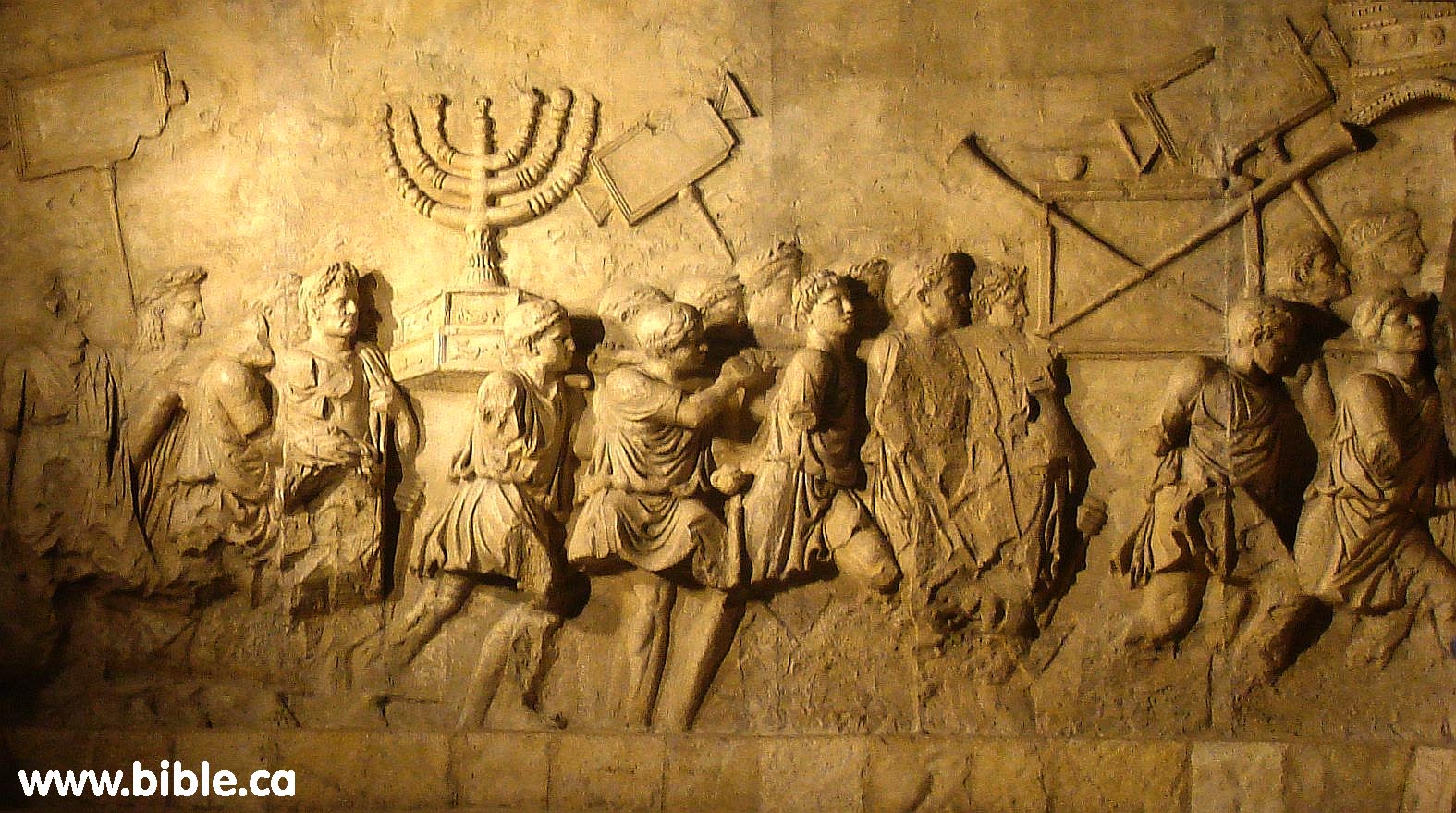p. 243
A life of labor is not a state of inferiority or degradation. The Almighty has not cast man’s lot beneath the quiet shades, and amid glad groves and lovely hills, with no task to perform; with nothing to do but to rise up and eat, and to lie clown and rest. He has ordained that Work shall be done, in all the dwellings of life, in every productive field, in every busy city, and on every wave of every ocean. And this He has done, because it has pleased Him to give man a nature destined to higher ends than indolent repose and irresponsible profitless indulgence; and because, for developing the energies of such a nature, work was the necessary and proper element. We might as well ask why He could not make two and two be six, as why He could not develop these energies without the instrumentality of work. They are equally impossibilities.
This, Masonry teaches, as a great Truth; a great moral land-mark, that ought to guide the course of all mankind. It teaches its toiling children that the scene of their daily life is all spiritual, that the very implements of their toil, the fabrics they weave, the merchandise they barter, are designed for spiritual ends; that so believing, their daily lot may be to them a sphere for the noblest improvement. That which we do in our intervals of relaxation, our church-going, and our book-reading, are especially designed to prepare our minds for the action of Life. We are to hear and read and meditate, that we may act well; and the action of Life is itself the great field for spiritual improvement. There is no task of industry or business, in field or forest, on the wharf or the ship’s deck, in the office or the exchange, but has spiritual ends. There is no care or cross of our daily labor, but was especially ordained to nurture in us patience, calmness, resolution, perseverance, gentleness, disinterestedness, magnanimity. Nor is there any tool or implement of toil, but is a part of the great spiritual instrumentality.
All the relations of life, those of parent, child, brother, sister, friend, associate, lover and beloved, husband, wife, are moral, throughout every living tie and thrilling nerve that bind them together. They cannot subsist a day nor an hour without putting the mind to a trial of its truth, fidelity, forbearance, and disinterestedness.
A great city is one extended scene of moral action. There is no blow struck in it but has a purpose, ultimately good or bad,
p. 244
and therefore moral. There is no action performed, but has a motive; and motives are the special jurisdiction of morality. Equipages, houses, and furniture are symbols of what is moral, and they in a thousand ways minister to right or wrong feeling. Everything that belongs to us, ministering to our comfort or luxury, awakens in us emotions of pride or gratitude, of selfishness or vanity; thoughts of self-indulgence, or merciful remembrances of the needy and the destitute.
Everything acts upon and influences us. God’s great law of sympathy and harmony is potent and inflexible as His law of gravitation. A sentence embodying a noble thought stirs our blood; a noise made by a child frets and exasperates us, and influences our actions.
A world of spiritual objects, influences, and relations lies around us all. We all vaguely deem it to be so; but he only lives a charmed life, like that of genius and poetic inspiration, who communes with the spiritual scene around him, hears the voice of the spirit in every sound, sees its signs in every passing form of things, and feels its impulse in all action, passion, and being. Very near to us lies the mines of wisdom; unsuspected they lie all around us. There is a secret In the simplest things, a wonder in the plainest, a charm in the dullest.
We are all naturally seekers of wonders. We travel far to see the majesty of old ruins, the venerable forms of the hoary mountains, great water-falls, and galleries of art. And yet the world-wonder is all around us; the wonder of setting suns, and evening stars, of the magic spring-time, the blossoming of the trees, the strange transformations of the moth; the wonder of the Infinite Divinity and of His boundless revelation. There is no splendor beyond that which sets its morning throne in the golden East; no. dome sublime as that of Heaven; no beauty so fair as that of the verdant, blossoming earth; no place, however invested with the sanctities of old time, like that home which is hushed and folded within the embrace of the humblest wall and roof.

Moe is the founder of GnosticWarrior.com. He is a father, husband, author, martial arts black belt, and an expert in Gnosticism, the occult, and esotericism.






